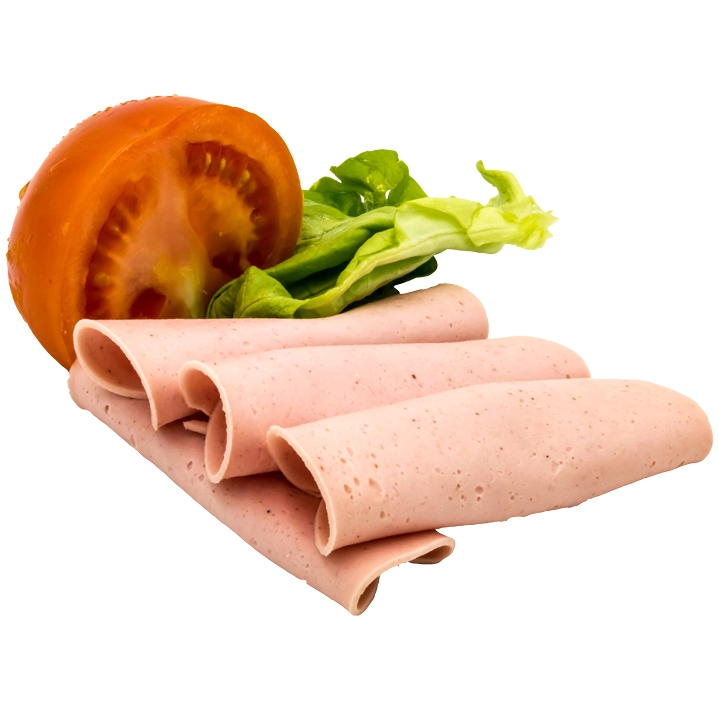25.10.2022 News
Pharmaceutical industry Plants Chemistry
Xylan and lignin from beech wood
A pilot plant for the production of two biobased pharmaceutical raw materials has performed well in test operation.
25.10.2022 News
Pharmaceutical industry Plants Chemistry
A pilot plant for the production of two biobased pharmaceutical raw materials has performed well in test operation.
27.10.2022 News
Agriculture and forestry Plants Agriculture sciences
A new study concludes that breeding new wheat and rye varieties can significantly reduce agriculture's carbon footprint.
26.10.2022 News
Chemistry Microorganisms Biotechnology/Systems biology
The biotech company AMSilk has moved into new laboratory and office space on the Neuried campus southwest of Munich - partly in order to continue growing outside Europe.
01.11.2022 News
Chemistry Plants Biotechnology/Systems biology
Cologne-based researchers have tapped safflower oil as a resource for the production of biobased polyamides.
02.11.2022 News
Chemistry unspecific Biotechnology/Systems biology
In the sustainability category of the FSK industry association's innovation award, this year's prize went to Fraunhofer researchers from Pfinztal.
07.01.2021 News
unspecific unspecific Social sciences
The information portal bioökonomie.de has a new look! Cleaner, more visual and technically up-to-date – our website has been given a new, elegant design.
12.01.2021 News
Textiles Fungi Biotechnology/Systems biology
In 2021, the sporting goods manufacturer Adidas will launch shoes using a fabric made of mushroom threads instead of leather.
19.01.2021 News
Chemistry Plants Chemistry
Potsdam biochemist Peter Seeberger has been awarded the International Green Chemistry Prize for the production of a particularly sustainable and cost-effective antimalarial agent.
21.01.2021 News
Food Plants Agriculture sciences
At the virtual Global Forum for Food and Agriculture (GFFA), experts from all over the world are currently discussing resilient food systems in times of pandemic and climate change.
26.01.2021 News
Textiles unspecific unspecific
Berlin Fashion Week is focusing more than ever on sustainability by launching several new formats for "green fashion".
01.02.2021 News
unspecific unspecific Bioökonomie mitgestalten
The projects of the second funding round in the extended Science Year of the Bioeconomy have been determined.
26.01.2021 Standard post
unspecific unspecific unspecific
The bioeconomy has rapidly developed in recent years. What has been accomplished in the last five years alone is truly impressive: Many bioeconomy products have become bestsellers. Bio-based start-ups have grown into medium-sized companies. And established, traditional industrial companies are integrating bio-based production steps into their existing structures.
05.02.2021 News
Agriculture and forestry Animals Agriculture sciences
The combination of silica and a parasitic fungus has proven to be an effective long-term protection against insect pests in grain storage.

17.02.2021 Product
Food Animals
When it comes to producing healthy and sustainable meat substitutes, there are no limits to creativity: Research is currently being conducted to develop an alternative made from apple residues.
19.02.2021 News
Chemistry Plants Chemistry
A research group has developed a new class of sustainable and functionalizable polymers.
17.02.2021 News
Chemistry Microorganisms Biotechnology/Systems biology
Researchers at the University of Tübingen have modified the metabolic pathway of special cyanobacteria so that they produce large quantities of the natural bioplastic polyhydroxybutyrate (PHB).
12.02.2021 News
Consumables Waste Plant and process engineering
Cleantech start-up BIO-LUTIONS has raised a further 2.7 million euros and can now push the expansion of its production of sustainable packaging and disposable products.
27.05.2021 News
Chemistry Plants Chemistry
A process has been developed in Göttingen that can be used to produce sustainable packaging from popcorn granules using 3D printing.
28.05.2021 News
unspecific Microorganisms Biotechnology/Systems biology
In a financing round, the Bavarian biotech company AMSilk has raised new capital and is now looking to penetrate new lines of business worldwide.
18.06.2021 Success story
Agriculture and forestry Plants Materials sciences
The polyethylene films commonly used in agriculture pollute the environment with microplastics. Biodegradable alternatives are therefore being searched for.